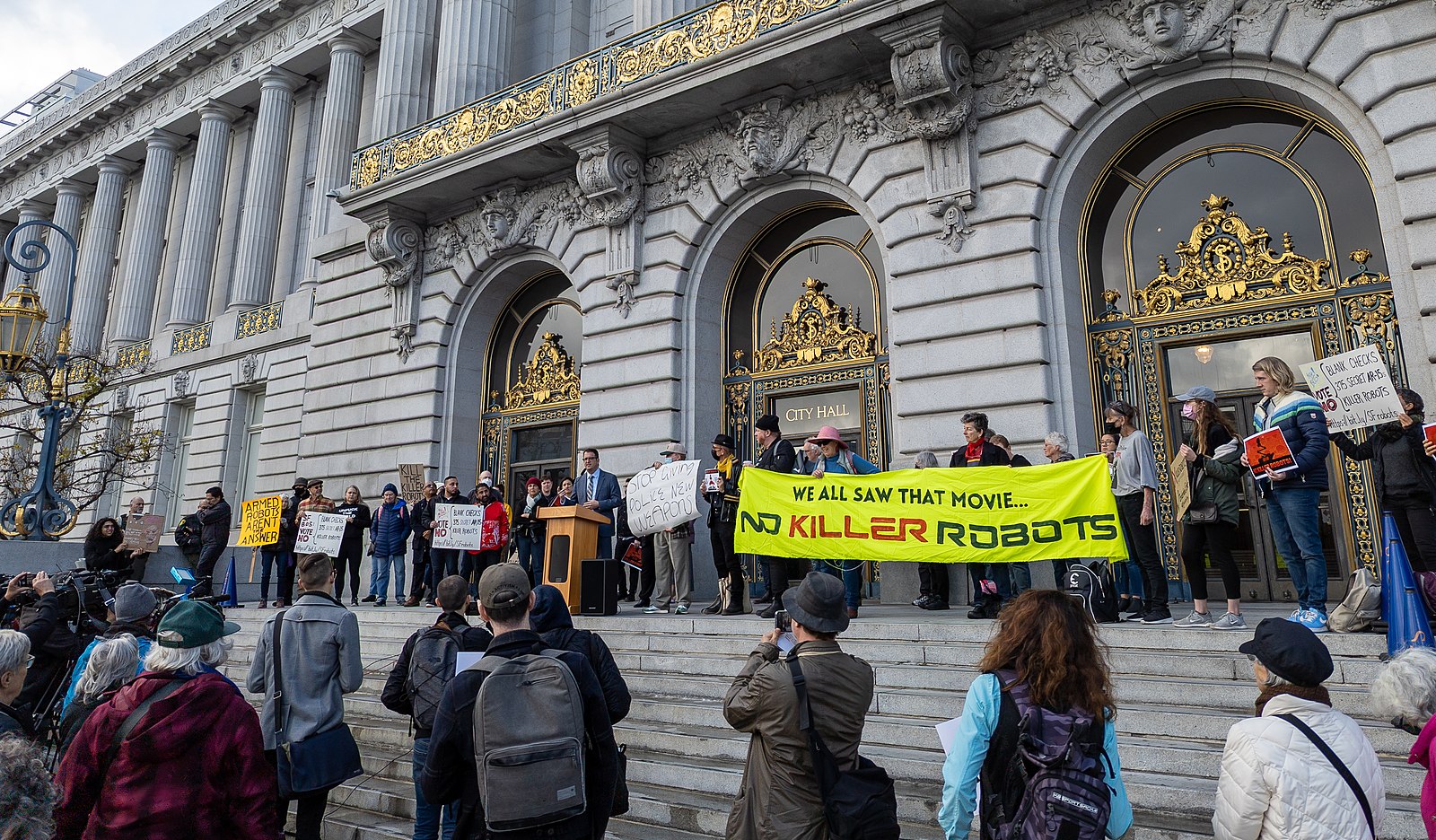
Countries that approved the first-ever United Nations General Assembly resolution on “killer robots” should promote negotiations on a new international treaty to ban and regulate these weapons, Human Rights Watch said Jan. 3. These so-called “autonomous weapons” systems select and apply force to targets based on sensor processing rather than human inputs.
On Dec. 22, 152 countries voted in favor of the General Assembly resolution on the dangers of lethal autonomous weapons systems, while four voted no, and 11 abstained. General Assembly Resolution 78/241 acknowledges the “serious challenges and concerns” raised by “new technological applications in the military domain, including those related to artificial intelligence and autonomy in weapons systems.”
“The General Assembly resolution on autonomous weapons systems stresses the urgent need for the international community to deal with the dangers raised by removing human control from the use of force,” said Mary Wareham, arms advocacy director at Human Rights Watch. “The resolution’s wide support shows that governments are prepared to take action, and they should move forward on a new international treaty without delay.”
Some autonomous weapons systems have existed for years, but the sophistication, duration of operation, geographical scope, and environment in which such systems operate, have been limited. However, technological advances are spurring the development of autonomous weapons systems that operate without meaningful human control, delegating life-and-death decisions to machines. The machine rather than the human operator would determine where, when, or against what force is applied.
Image: Rally on the steps of San Francisco City Hall, protesting against a Board of Supervisors vote to authorize police use of deadly-force robots, Dec. 5, 2022. Credit: Pax Ahimsa Gethen via Wikimedia Commons




